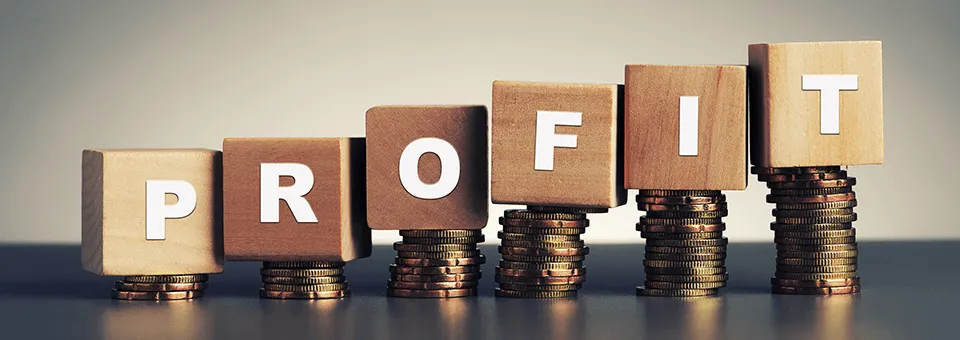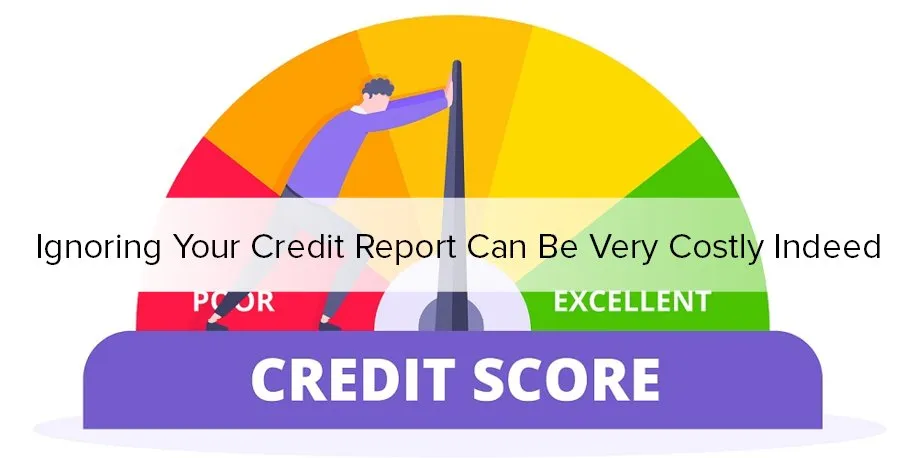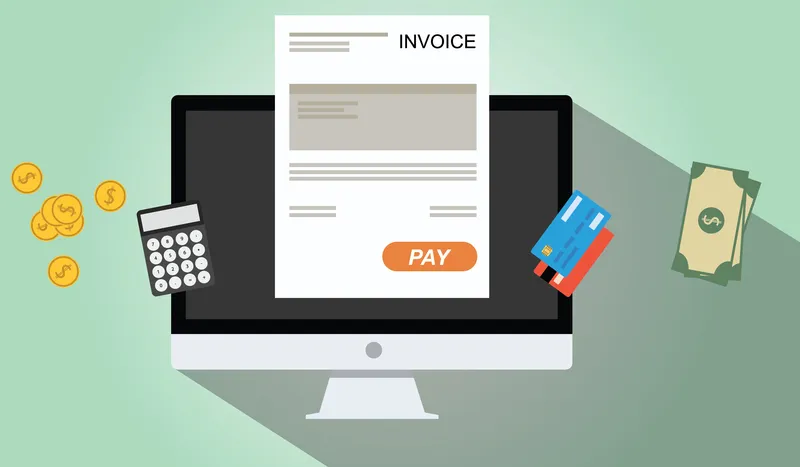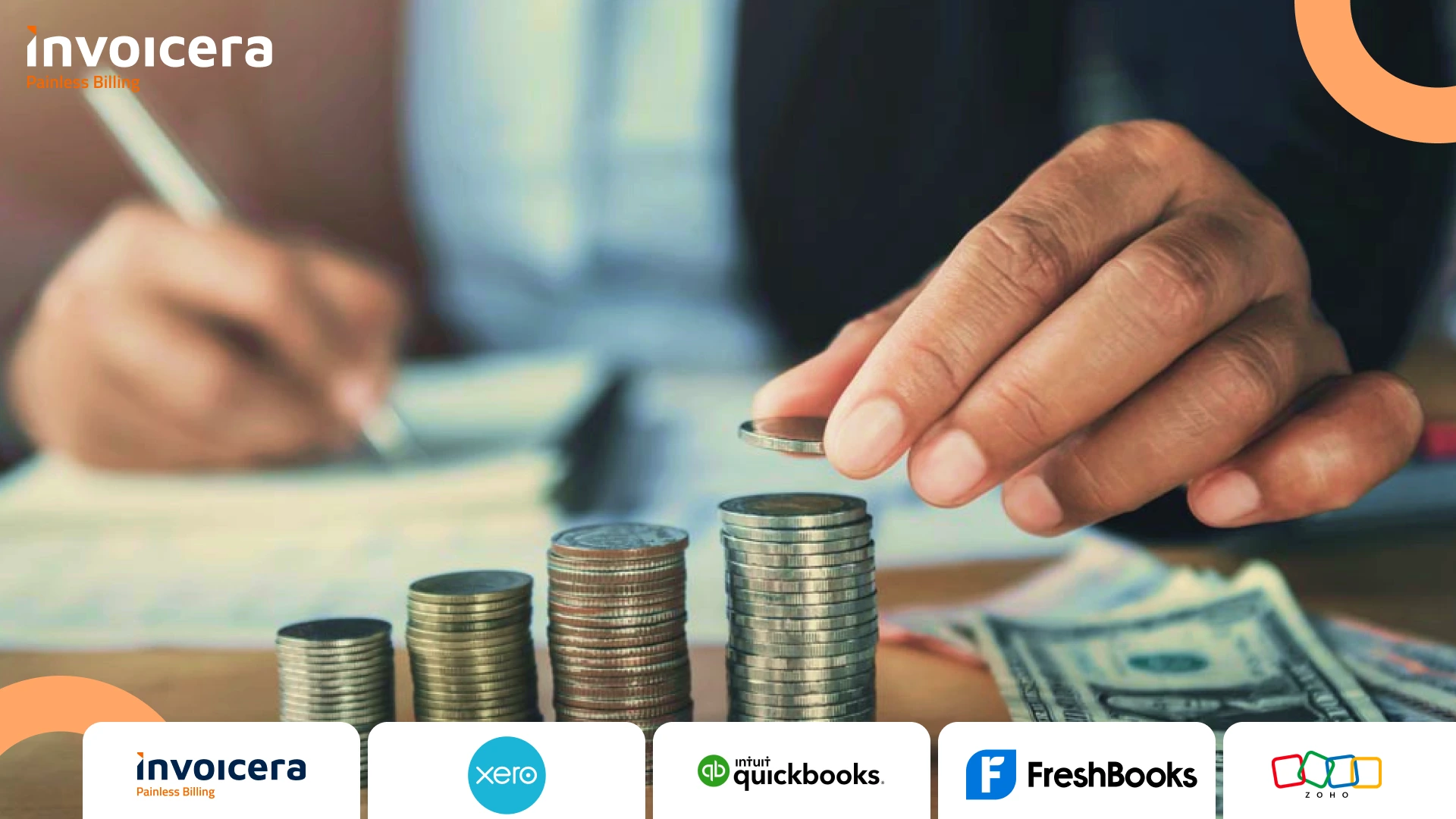The financial mistakes people make in their 20s are often the biggest ones. It takes a decade to build a business, establish a career, and be independent, but before that, there’s an age when most of us have no clue what we are doing when it’s about managing our finances.
Although it’s tempting to think that all of your bills will vanish after starting your business or after graduating, they won’t. You might think that your financial responsibilities will decrease as you get older, but they’ll just become more complicated.
The sooner you start budgeting, expense tracking, and financial planning, the better off you’ll be when it comes time to pay the bills. But if you’re not mindful, you could make some costly mistakes that you’ll regret later in life.
Avoiding these common financial mistakes can make a huge difference in your overall financial health. To get a broad idea, here are the three big financial mistakes to avoid in your 20s, along with tips on how to overcome them and make smart decisions.
But before digging deeper, let’s first understand
Planning for your financial goals is essential, especially when you’re young. But with so many terms thrown around and so much to learn, it isn’t easy to know where to start. It all starts with learning how money works and what you need to do to save, invest, and protect it.
Financial Planning is about managing your financial affairs to achieve your goals and objectives; it could range from simple things like budgeting, choosing insurance cover, or selecting investments to more complex tasks, such as wealth planning for different stages of life.
Financial Planning is highly essential because it helps individuals to identify and meet their short-term and long-term goals. While setting up a financial plan, many things have to be considered. Some of them are: How much does one earn per month? The amount of savings one has? What are all types of expenses one has, etc.
Make sure all these factors match your objectives, so while deciding what you want from your life and how you want to spend it, financial planning plays an important role.
Now let’s a quick look at some objectives of financial management.
Objectives Of Financial Management
1) Maximizing Profits
There is no point in running a business if it is not generating any profit. The objective of financial management is to make sure that your organization does not incur any losses or wastage of time, material, and money.
Profits are the same as savings, and they have to be increased by reducing the cost of production or sale and increasing production or sales.
2) Maintaining Funds For Uncertainties
Keep a pool of money with easy access to cater to an unforeseen situation.
Given the varying interest rates in Australia and other countries, if you are using a bank loan, it will become difficult for you because interest has to be paid on that loan, and if your business does not perform well in those years, you will have to pay more interest, which means more loss. That’s why maintaining a good reserve is important.
3) Minimizing The Risk Of Investment
It’s essential to minimize risk while making an investment decision, but we do not need to eliminate risks while making investments.
We have to invest our money in projects or ventures to earn a higher return at lower risk. We should try to make less risky decisions. Less risky means that if a project has a 10% chance of success, choose it only if it gives you a 40% profit margin rather than choosing a project with 80% probability, which offers a 15% return.
Risk is an inevitable part of the business, so there is no point eliminating it. Instead, we have to deal with it wisely. To be mindful, look at 3 big financial mistakes that you need to avoid in your 20s.
3 Big Financial Mistakes To Avoid In Your 20s And Their Solutions
1) Ignoring Your Credit Score
A bad credit score can cost you. You will end up paying higher interest rates on your loans or credit cards than someone with a better score.
Over time, that could cost you tens of thousands of dollars in lost interest and fees. Having a low credit score will also affect your ability to qualify for other types of financing.
Solution: Paying attention to your credit score is one of the smartest things you can do in your 20s. In fact, it’s a prerequisite for financial success in any decade.
Ignoring your credit will cost you, so pay close attention to changes in your report, as well as an activity, every month. If something looks off, take action immediately to protect yourself against identity theft or other issues with your credit history.
Whether you want to improve your credit score by making extra payments each month or by paying down debt faster, understanding how debt affects your overall score can help motivate you toward progress.
And knowing what actions are likely to hurt your scores and how to keep those from happening can help ensure that an innocent mistake doesn’t have adverse long-term effects.
2) Not Using Online Invoicing Software For Managing Finance
There are some very serious implications of not using online invoicing software. You could place yourself up for trouble if you don’t manage your finances properly in your early years.
Surely, we all make mistakes and learn from them, but there are a few big ones to avoid if you want to stay on top of things, and not using your invoicing software for managing finance is one of them. It will affect everything else, so take it seriously.
Solution: The easiest thing you can do to save money as a small business owner is by using invoicing software. If you do not want your business to be over $1 million in debt by age 40, then track all of your expenses from day one.
You may find it difficult for now, but when you learn to manage your expenses properly, you will thank yourself for doing so. Expense tracking apps and invoice software can help you out with this!
3) Not Starting Early With An Expense Tracking App
You can’t fix what you don’t measure. If you are not tracking your monthly spending, it’s impossible to measure how much you should save. This puts you at risk of going into debt in ways that will take years to recover and ruin your credit score.
Also, always tracking your income/expenses/savings is a great way to build positive habits around spending and saving. There’s no better time than now to set a positive financial future for yourself! Here is the solution.
Solution- While your expenses are relatively small in your early years, it’s never too soon to keep track of where your money is. Choose an expense tracking app, set a reminder, and get started with a clean slate every month. You can see what you’re spending on through all of your accounts (credit memo, accounts receivable, and accounts payable) which makes it easier to stay aware of what you’re spending at all times.
—————————————————————————————————————————————–
Also Read: HOW EXPENSE MANAGEMENT SOFTWARE IS BETTER THAN MANUAL SYSTEM?
—————————————————————————————————————————————–
It will also help you identify any categories that need some adjustments so you won’t be surprised by how much interest you pay. Being aware of where your money goes from day one gives you plenty of time to make changes and save yourself from unwanted charges later on.
Invoicera Best Expense Tracking App
Work smarter and easier with Invoicera.
Invoicera makes it easy to track your business expenses, send personalized online invoices, share records with your team, get paid on time, and much more. Invoice a client or customer online in seconds directly from your smartphone or tablet. Invoicing is a critical task for any small business. It should be fast, simple, and smart, which is why we’ve built Invoicera just for you.
With Invoicera, you can send online invoices right from your smartphone or tablet within seconds. Our Expense Tracking App helps your business to track the money that’s coming in and going out, giving you complete transparency of what’s happening with your monetary resources.
You can create customized professional invoices instantly while capturing your time on projects and see your records from anywhere using our online invoicing system.
To sum up, Invoicera is a free and simple to use Expense Tracking App that saves you time and resources by allowing you to send online invoices from your mobile device. It is specially designed for businesses to track their business expenses easily.
Try Invoicera for free!
Sign up now and claim your free trial now.
Conclusion
Here are all the problems and solutions you must know while managing your finances.
Now that you’re in your twenties, it might be a good time to make sure you don’t fall into any financial black holes. Make sure you work on these big financial mistakes when you are young so you can avoid them for years to come.
What are some things that you have learned from your experience?
Do you have any other tips or advice for people in their twenties who want to save money but just can’t seem to get started?
Share your story in the comment section. We would love to hear from you.
We hope you enjoyed reading our post. Just share it with your friends on Facebook or other social networks you might use, and let them know the ways to be smart with their money!
Also, don’t forget to subscribe to our blogs so that you get free updates from us directly to your email.
Till then, happy learning.
Thank You !!


















